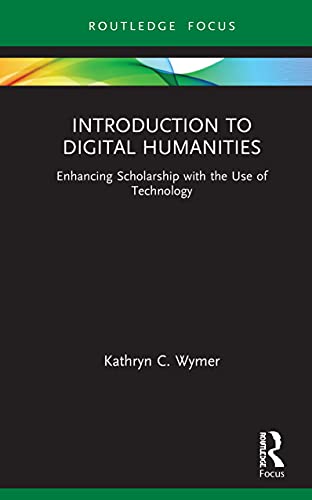

Most ebook files are in PDF format, so you can easily read them using various software such as Foxit Reader or directly on the Google Chrome browser.
Some ebook files are released by publishers in other formats such as .awz, .mobi, .epub, .fb2, etc. You may need to install specific software to read these formats on mobile/PC, such as Calibre.
Please read the tutorial at this link. https://ebooknice.com/page/post?id=faq
We offer FREE conversion to the popular formats you request; however, this may take some time. Therefore, right after payment, please email us, and we will try to provide the service as quickly as possible.
For some exceptional file formats or broken links (if any), please refrain from opening any disputes. Instead, email us first, and we will try to assist within a maximum of 6 hours.
EbookNice Team

Status:
Available0.0
0 reviews"Introduction to Digital Humanities: Enhancing Scholarship with the Use of Technology" is designed for researchers, teachers, and learners in humanities subject areas who wish to align their work with the field of digital humanities. Many institutions are encouraging digital approaches to the humanities, and this book offers guidance for students and scholars wishing to make that move by reflecting on why and when digital humanities tools might usefully be applied to engage in the kind of inquiry that is the basis for study in humanities disciplines. In other words, this book puts the "humanities" before the "digital" and offers the reader a conceptual framework for how digital projects can advance research and study in the humanities. Both established and early career humanities scholars who wish to embrace digital possibilities in their research and teaching will find insights on current approaches to the digital humanities, as well as helpful studies of successful projects.